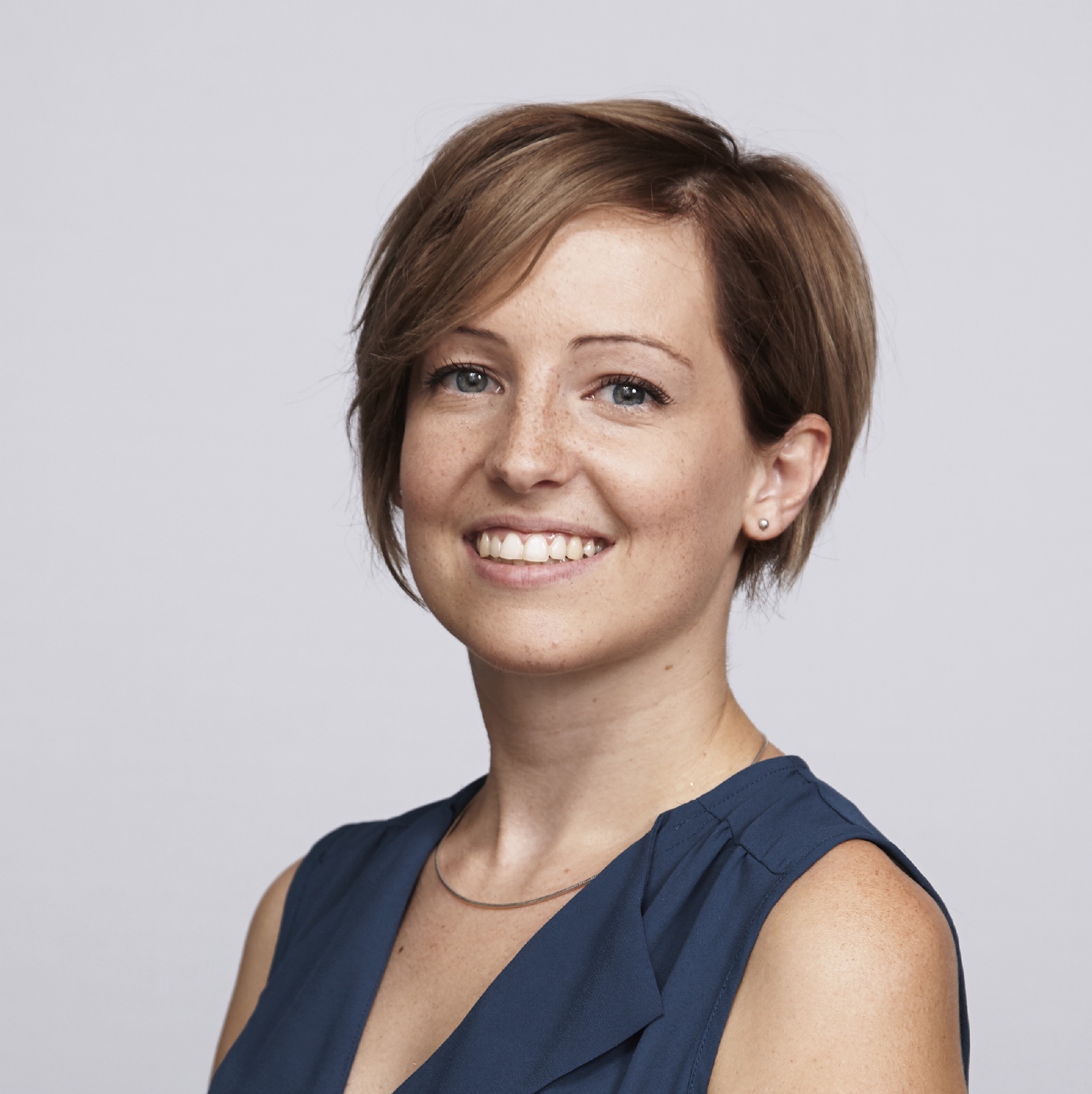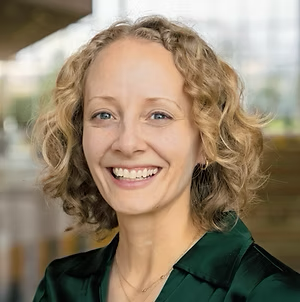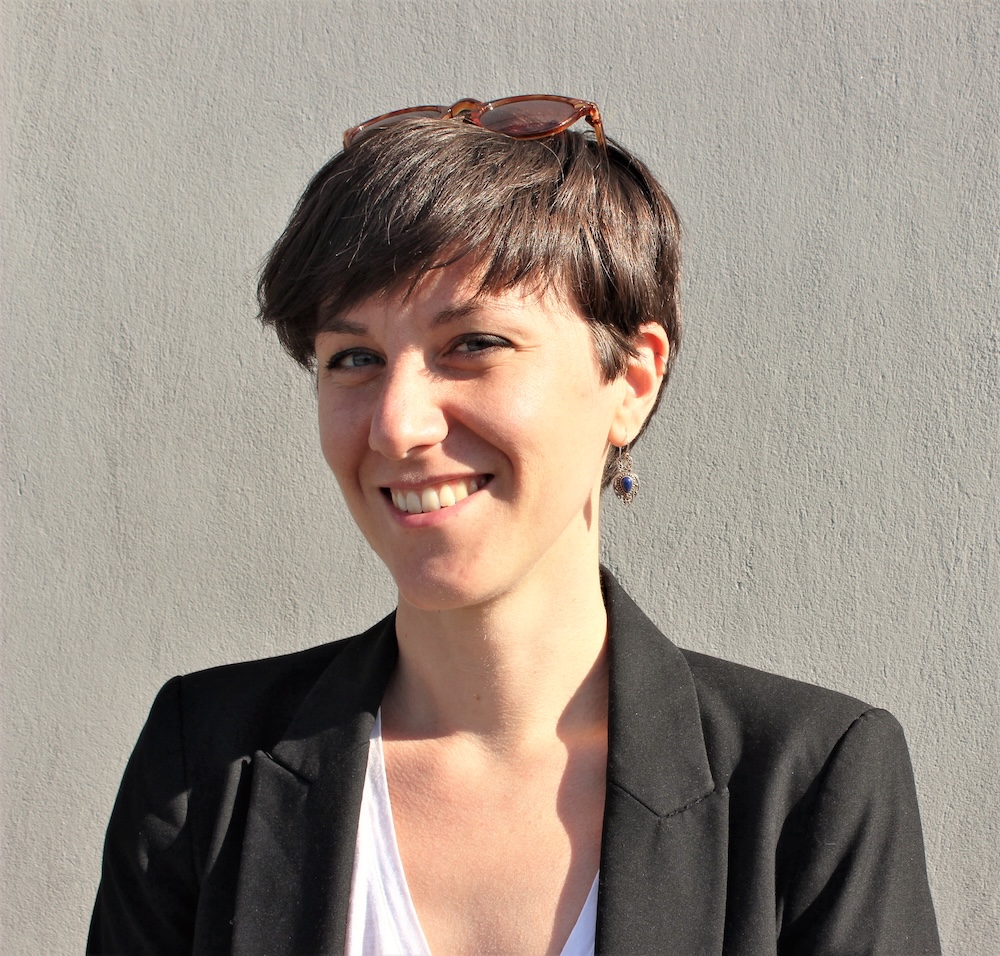WiDS Datathon 2025 Winners Panel Discussion
About This Video
This year WiDS Datathon participants analyzed fMRI data to “diagnose” adolescent ADHD. The majority of participants were women, further promoting inclusivity in the field of data science. In this panel discussion hear from WiDS Datathon winning teams who will share their results and learnings from the challenge, how they built their models, struggles they overcame, and key insights.
Meet the winning teams
View the slides from this presentation
In This Video

WiDS Worldwide Program Director

Assistant Professor, Electrical and Computer Engineering, UC Santa Barbara
Nina’s research focuses on developing AI and machine learning methods to understand the brain—both in its healthy and pathological states—across multiple scales, and to explore how these processes vary by sex and subpopulation. A key challenge in AI is its dependence on large datasets, which are often scarce in neuroimaging due to the significant financial and time demands of data acquisition. To address this limitation, Nina’s work centers on designing data-efficient learning algorithms. In recognition of her work, Nina received several awards including the NSF CAREER Award, Hellman Fellowship, and L’Oréal-UNESCO For Women in Science Award. Nina also serves as Co-Director of the AI Core for the Bowers Women’s Brain Health Initiative, a research center dedicated to studying women’s brains across key life transitions such as pregnancy and menopause.

Customer Success, Kaggle
Maggie works with Kaggle hosts to launch competitions on the platform. She brings customer lifecycle management and operations experience from different industries to manage successful competitions. She has an MBA from the University of Chicago in Finance and Strategic Management as well as a Bachelors from the University of California, Berkeley.

Professor, Department of Radiology at Weill Cornell Medicine
For over a decade, Amy has been interested in understanding how the human brain works in order to better diagnose, prognose and treat neurological disease and injury. Quantitative approaches, including machine learning, applied to data from rapidly evolving neuroimaging techniques, have the potential to enable ground-breaking discoveries about how the brain works. Amy has particular interest in non-invasive brain stimulation and pharmacological interventions, like psychedelics, that may be used to modulate brain activity and promote recovery from disease or injury.
Amy is a co-director of the AI core for the Ann S. Bowers Women’s Brain Health Initiative, an institute spanning several top academic centers that is poised to shed light on the mystery that is the female brain. The initiative focuses on understanding how the brain is changed by puberty, menstruation, oral contraceptives, pregnancy, motherhood, menopause and aging/dementia.

Project Collaboration Specialist, Research Department, Child Mind Institute
Arianna leads open science initiatives, data-sharing efforts, and research collaborations at the Child Mind Institute, an independent nonprofit dedicated to transforming the lives of children struggling with mental health and learning disorders. Arianna holds a B.A. and M.A. in Linguistics, and an M.Sc. and Ph.D. in Cognitive Neuroscience, and completed her postdoctoral training at New York University. Her research combines behavioral and neuroimaging methods to investigate how the human brain processes language and music. Arianna currently serves as the President of BraiNY, an organization dedicated to making brain science accessible to the broader community. She is also a Resident Scholar at the Sai Resident Collective, where she explores the intersection of science and art and fosters SciArt collaborations.

